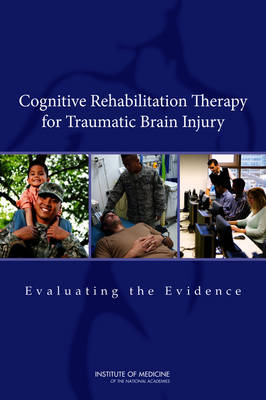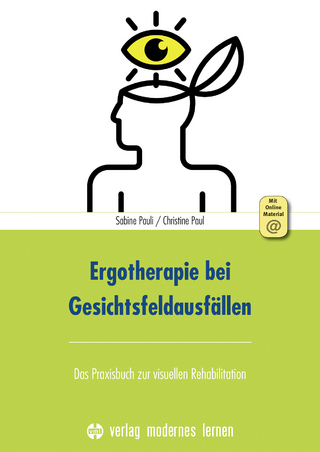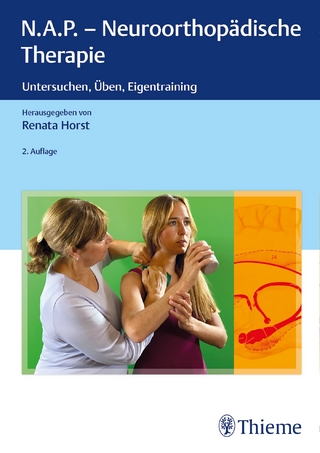
Cognitive Rehabilitation Therapy for Traumatic Brain Injury
National Academies Press (Verlag)
978-0-309-21818-4 (ISBN)
Table of Contents
Front Matter
Summary
PART I: BACKGROUND
1 Introduction
2 Traumatic Brain Injury
3 Factors Affecting Recovery
4 Defining Cognitive Rehabilitation Therapy
5 State of Practice and Providersof Cognitive Rehabilitation Therapy
PART II: REVIEW OF THE EVIDENCE
6 Methods
7 Attention
8 Executive Function
9 Language and Social Communication
10 Memory
11 Multi-Modal or Comprehensive Cognitive Rehabilitation Therapy
12 Telehealth Technology
13 Adverse Events or Harm
PART III: RECOMMENDATIONS
14 Directions
Appendixes
Appendix A: Comparative Effectiveness and Implementation Research for Neurocognitive Disorders: Concepts Relevant to Cognitive Rehabilitation Therapy for Traumatic Brain Injury
Appendix B: Workshop Agendas
Appendix C: Recent and Ongoing Clinical Trials: CRT for TBI
Appendix D: Biosketches of Committee Members and Staff
1 Front Matter; 2 Summary; 3 PART I: BACKGROUND; 4 1 Introduction; 5 2 Traumatic Brain Injury; 6 3 Factors Affecting Recovery; 7 4 Defining Cognitive Rehabilitation Therapy; 8 5 State of Practice and Providersof Cognitive Rehabilitation Therapy; 9 PART II: REVIEW OF THE EVIDENCE; 10 6 Methods; 11 7 Attention; 12 8 Executive Function; 13 9 Language and Social Communication; 14 10 Memory; 15 11 Multi-Modal or Comprehensive Cognitive Rehabilitation Therapy; 16 12 Telehealth Technology; 17 13 Adverse Events or Harm; 18 PART III: RECOMMENDATIONS; 19 14 Directions; 20 Appendixes; 21 Appendix A: Comparative Effectiveness and Implementation Research for Neurocognitive Disorders: Concepts Relevant to Cognitive Rehabilitation Therapy for Traumatic Brain Injury; 22 Appendix B: Workshop Agendas; 23 Appendix C: Recent and Ongoing Clinical Trials: CRT for TBI; 24 Appendix D: Biosketches of Committee Members and Staff
| Erscheint lt. Verlag | 28.1.2012 |
|---|---|
| Verlagsort | Washington |
| Sprache | englisch |
| Maße | 152 x 229 mm |
| Themenwelt | Physiotherapie / Ergotherapie ► Rehabilitation ► Neuro-Rehabilitation |
| ISBN-10 | 0-309-21818-7 / 0309218187 |
| ISBN-13 | 978-0-309-21818-4 / 9780309218184 |
| Zustand | Neuware |
| Haben Sie eine Frage zum Produkt? |
aus dem Bereich


